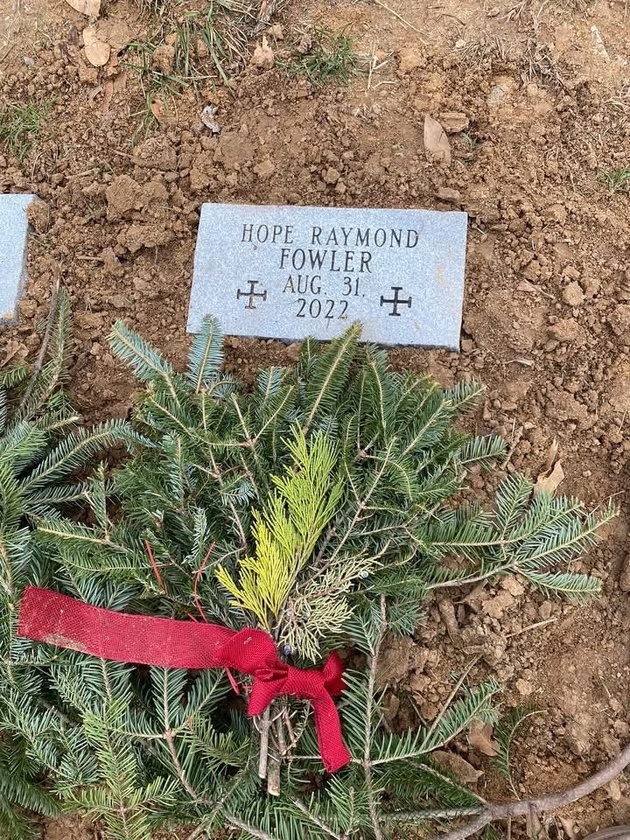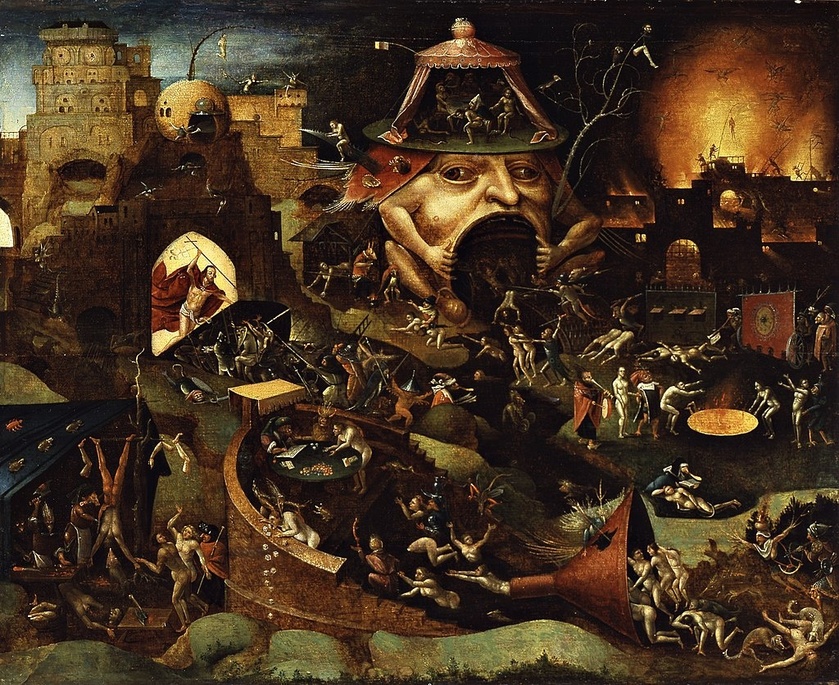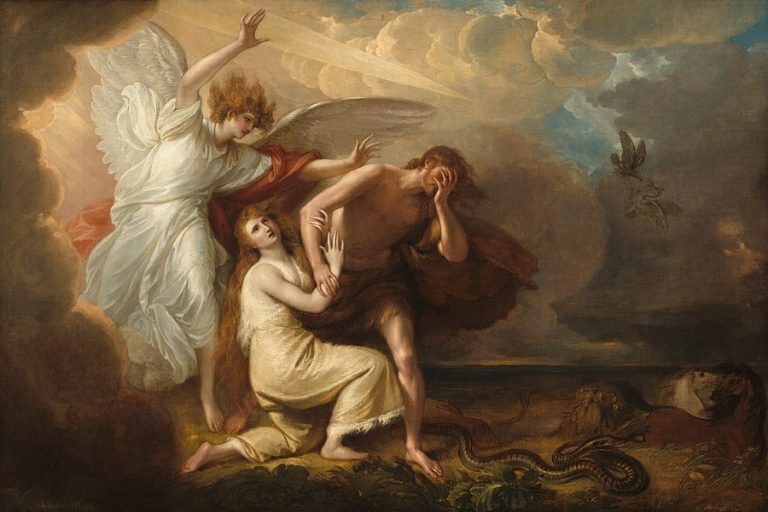Introduction
For those outside the Catholic Church, the doctrines of Purgatory and Limbo are often quite troubling. Some mistakenly view them as a second chance at salvation based on good works, or a third eternal option for those not quite good enough for Heaven but not quite evil enough for Hell. Others object that these “additional” afterlife states are unbiblical and were invented by men. In truth, the doctrines of Purgatory and Limbo are quite reasonable and illuminating; indeed, they are crucial to the Catholic understanding of justification and salvation. Still, in a sense, one of the objections against them has merit. The objection claims Purgatory and Limbo are like a third option between Heaven and Hell – a middle way, so to speak. This claim is not altogether unfounded; in what follows, I shall show that Purgatory and Limbo can, with the proper qualifications, be considered as middle states between Heaven and Hell. (Although a solid argument can be made against the necessity of Limbo, for the purposes of this essay, I shall presume it exists.)
Before the discussion proper, some definitions will be useful. Purgatory is understood by the Catholic Church as the state of final purification prior to entry into Heaven; in this state, attachment to sin is purged, as are any impurities hindering the full perfection of holiness in the individual. Limbo is understood as the state wherein those who died unbaptized but without the guilt of personal sin exist in natural bliss, though they are still separated from the beatific vision. With these working definitions in mind, let us proceed to the argument.
Purgatory
Matthias Scheeben, Ludwig Ott, and Joseph Ratzinger each identify Purgatory as a middle, transitory, or intermediate state (respectively). This is principally because in Purgatory there is both pain and joy, which are like mirrors reflecting Hell and Heaven. In Purgatory, we find there is the pain of the delay of the beatific vision. This is more intense than any suffering known in this life. There is also the extreme pain of sense associated with the purgation. It is punitive, but it is not eternally so. But because of the surety of salvation for those undergoing the purgation, there is also an immense joy. The love a soul in Purgatory has for God bears a direct relationship to the pain suffered (since the greater the love, the greater the pain of delayed attainment of the beloved). Now, since pain, which is usually associated with Hell, and joy, which is usually associated with Heaven, are, in a certain sense, opposites, Purgatory can be thought of as a middle state between them.
In certain other ways, however, it can be said to be a middle state between Earth and Heaven. In fact, this latter understanding is more faithful to reality, since the souls in Purgatory are ultimately destined for Heaven, meaning they are firmly on the “Heaven side” of the infinite chasm between Hell and Heaven. There is a real likeness between those undergoing the purification and the souls of the damned, but the dissimilarity is greater than the similarity. For this reason, it is only with caution that Catholics should identify Purgatory as a middle state between Heaven and Hell. It is better to think of it as the middle state between Earth and Heaven, for the following reasons.
First, the souls in Purgatory are often referred to as the Church Suffering. They are caught in the middle between the Church Militant, which is comprised of the faithful living on Earth, and the Church Triumphant (those in Heaven), both of which offer prayers on their behalf. Furthermore, man’s existence has a beginning and an end. The beginning is wrought in the earthly realm, and man’s proper end is nothing other than the glory of the beatific vision. For most souls, being neither great sinners nor great saints, Purgatory lies between man’s pilgrimage on earth and his eternal rest in Heaven; it serves to purify those on their way to Heaven, and so because it is transitory, or intermediate, it can be understood as a middle state. Third, regarding the purification itself. It seems appropriate to assign as “middle” the description of those who die in a state of grace but who are not fully purified. It is as if the souls in Purgatory are caught between holiness and wickedness, or, rather, between the natural life of man and the supernatural life of God. This is not to say they are separated from God in their wills, but simply that their perfection has not been fully achieved. Ratzinger describes them as souls who have a fundamental openness to God’s grace, but who secondarily have dirtied their garments with works of straw. The cleansing fire brings them from the beginning of holiness, through the middle way of purgation, to the end, which, as I mentioned just above, is nothing other than the glory of Heaven. Coupling these observations with the fact that Purgatory is temporary – it will cease to exist at the Last Judgement – we find a strong case for referring to Purgatory as a middle way between Earth and Heaven.
Limbo
In the case of Limbo, the “middle” status between Heaven and Hell applies more appropriately. Understood properly, Limbo is a place of eternal natural bliss, but in a state of separation from the beatific vision. Since it bears common characteristics with Heaven and with Hell, it, more than Purgatory, can be truly described as the middle state. Souls in Limbo are not punished and do not suffer like the souls in Purgatory, but their pilgrim status is over. They did not undergo the baptismal regeneration necessary for those who are to see God face to face, and yet they did not deliberately choose to sin against God; their status is somewhere in between the justified and the damned. Limbo is permanent: those present in this state do not migrate to any other. Since the state of Limbo would involve the permanent absence of the glory of Heaven, it is similar to Hell. However, in Limbo souls experience an abundance of natural joys and bliss. There is no suffering either. Due to these characteristics, we can liken it to Heaven. Thus, it is apropos of Limbo to refer to it as a middle way between Heaven and Hell.
Still, the caveat remains for Limbo also. It could just as well be described as a middle state between Heaven and Earth, for, those of us on Earth do not share in the beatific vision. Natural man, who lives even without grace, can experience great temporal pleasures and joys, but these are not infrequently mixed with great trials and suffering. The supernatural man in Heaven has none of the suffering and all of the bliss that accompanies the glory of that state. Thus, since we find nothing but supreme natural bliss and no admixture of suffering in Limbo, it can be described as a middle state between Heaven and Earth.
Conclusion
In the foregoing, I have attempted to show that both Purgatory and Limbo can be understood as middle options between Heaven and Hell, and between Heaven and Earth. Given the evidence and arguments favoring this description, it seems the conclusion is a solid one. The objection levelled against these post-mortem states turns out to be correct, if certain qualifications are made. We need not fear the middle way, though; it is the necessary stage of purification before the Heavenly wedding banquet. For those who are neither completely holy nor completely wicked, it is yet another example of the mercy of God and His providential care for His flock.
(This brief essay was originally submitted during my graduate coursework at Franciscan University of Steubenville. In hindsight, it is not as thorough and refined as it could be; nonetheless, I believe it is still worth sharing.)

















